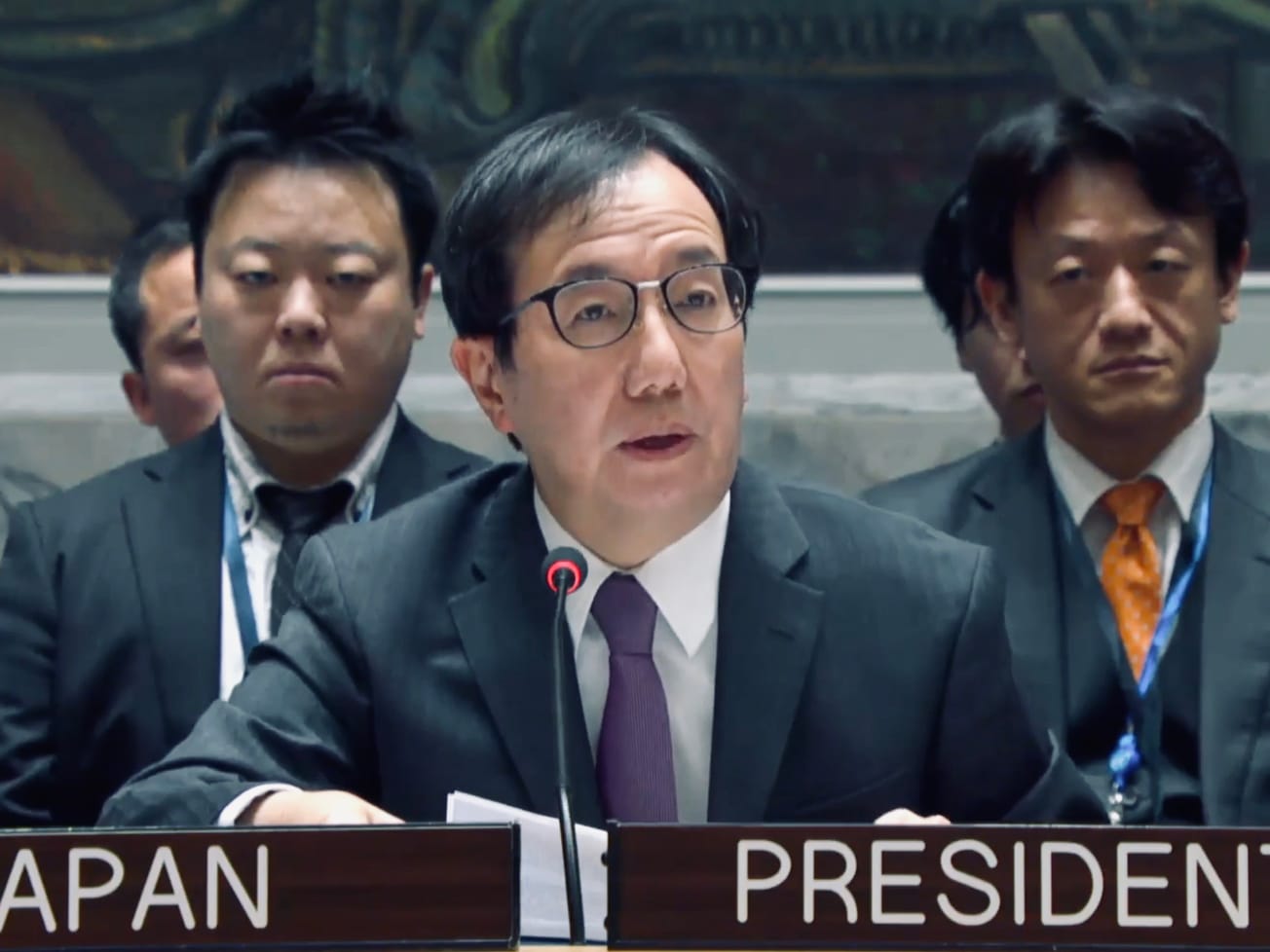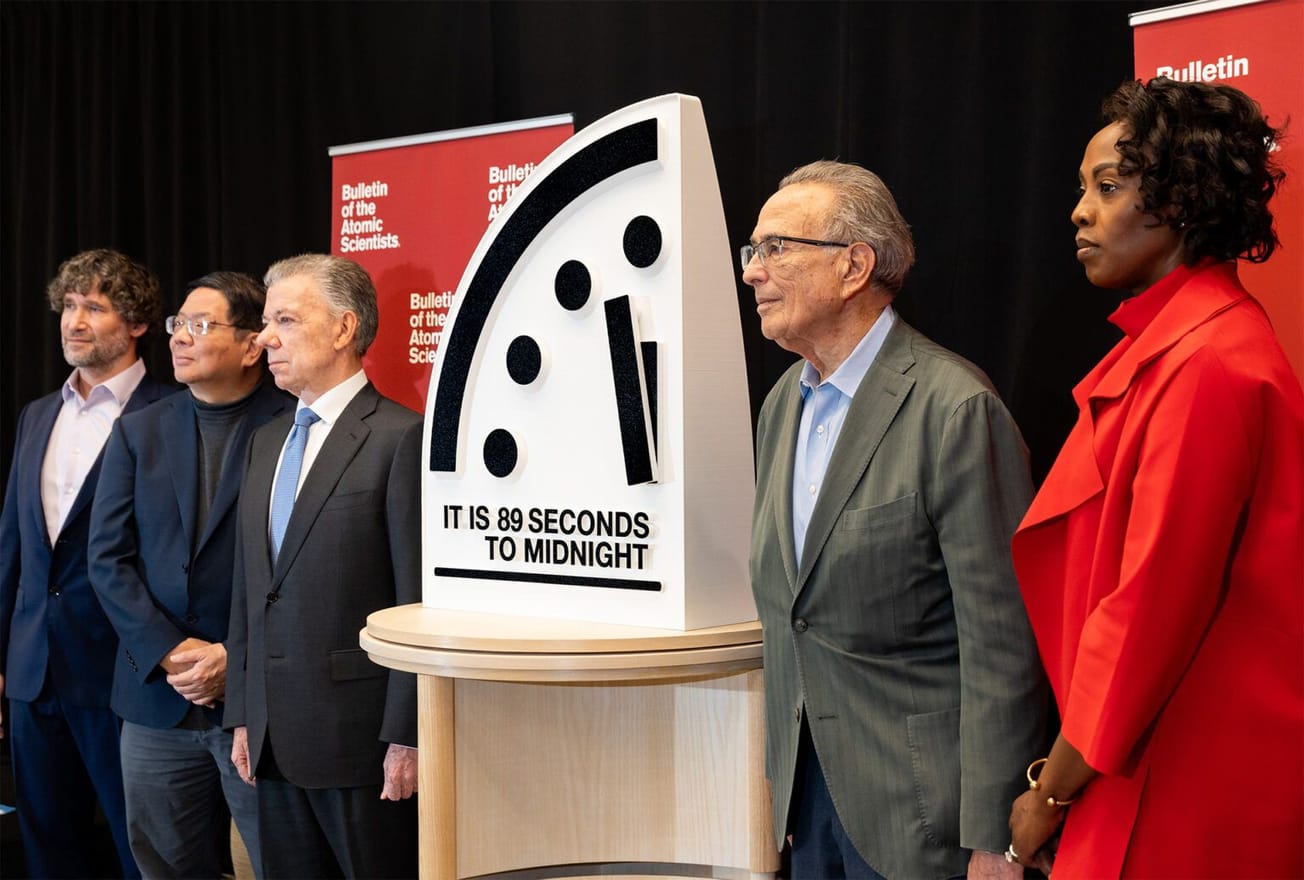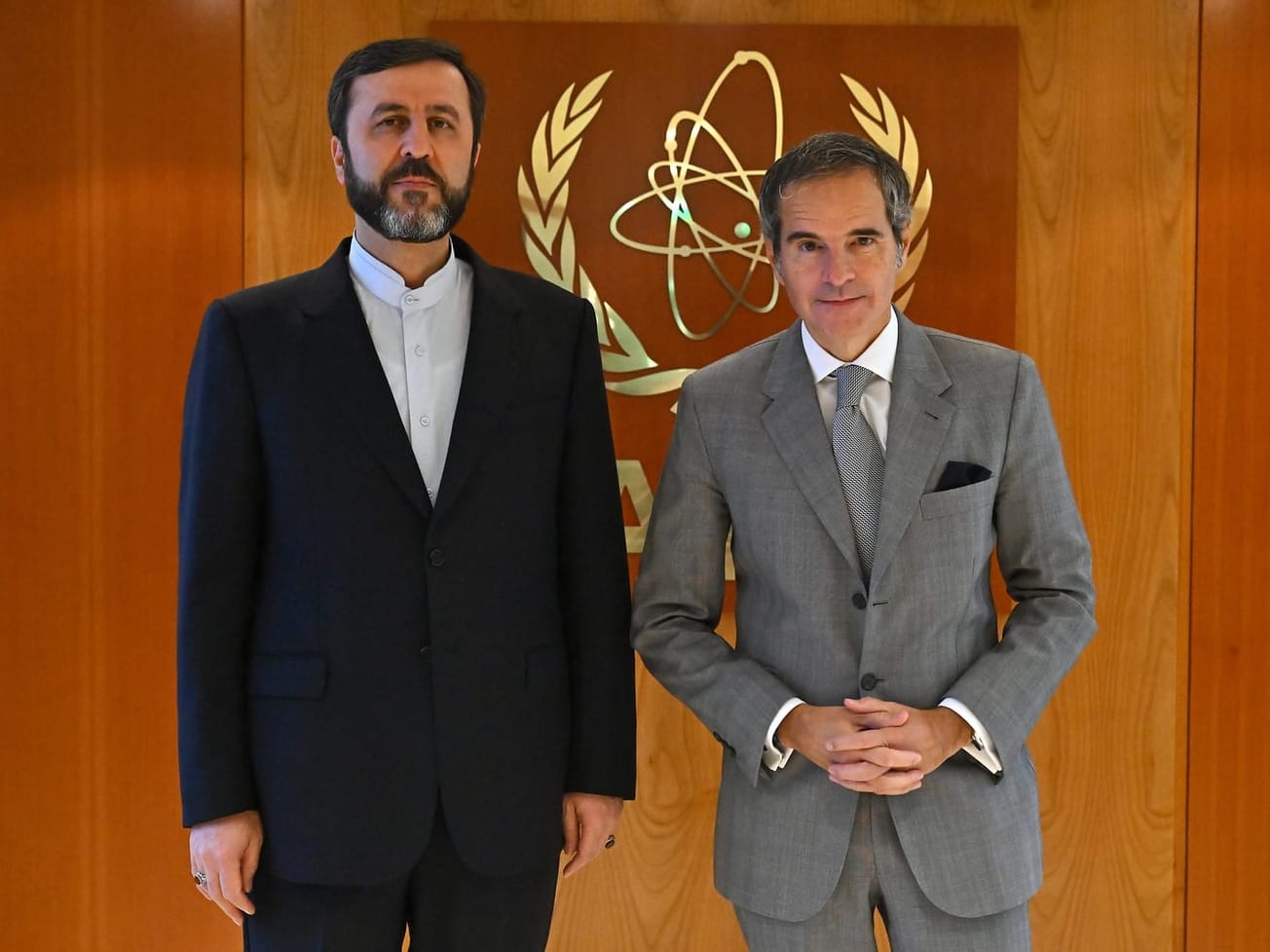With a single veto cast by Russia, the U.N. panel monitoring North Korea’s compliance with international sanctions will dissolve at the end of April.
Russia's veto on Thursday blocked the normally routine renewal of the annual mandate for the expert panel overseeing sanctions against North Korea over its nuclear program. The sanctions, first imposed in 2006, will remain in place – but with no one assigned to keep an eye on compliance.









